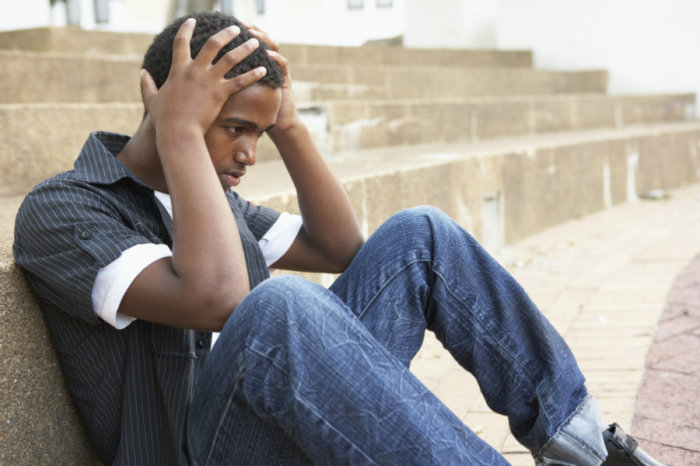Baltimore Teen Curfew Concerns: It's 'Old-School Common Sense' to Have Teens Inside by 9 PM, Say Officials

Baltimore's teen curfew has raised concerns among city residents and critics of the restrictive policy, but proponents of the law like City Councilman Brandon Scott and Mayor Stephanie Rawlings-Blake call it "common sense." The law requires teenagers under 14 to be inside by 9 p.m. and older teens to be in by 10 p.m., among other stipulations.
The Baltimore teen curfew concerns were made apparent Monday evening when it was approved by the city council in a 13-2 vote. Detractors yelled "boo!" and chanted "no youth curfew!" inside the Council Chamber. Still, the creators of the legislation, which expands on the city's existing 11 p.m. curfew, seem resolute in passing the law.
"We did that because it's just old-school common sense," Councilman Brandon Scott said at a press conference in defense of the law he spearheaded. "If you're going to ask young people to be up and ready for school at 6:30, 7 o'clock in the morning, then they should not be out at 11 p.m. at night."
"I am not willing to gamble on the lives of our children," Rawlings-Blake, who is expected to sign the bill into law, agreed. "Let me be clear: This is not a criminal enforcement act by the police. Children will not be entered into the criminal justice system for merely violating curfew."
"This is about taking them out of harm's way," she added.
The curfew is a response to Baltimore's violent crime rate, which is far higher than other areas in the country. Homicides rose 7.3 percent just last year, according to Reuters.
Children under 14 would have to be inside by 9 p.m. all year, while teens 14 to 16 have a curfew of 10 p.m. In addition, a daytime curfew from 7:30 a.m. to 3 p.m. would require all teens to stay in school instead of in the public. Exceptions are in place for teens in the company of adults, those heading to religious events, recreational events, or going home from work. On weekends, everyone under 17 can stay out until 11 p.m.
Critics like the Maryland ACLU feel that the new curfew is too simplistic and would allow police to stop any young-looking person to demand where they're going. In addition, others have pointed out that enforcing a city-wide curfew would be very difficult for police officers, who would also be responsible for bringing youth to a curfew center.
Rawlings-Blake has previously said she intends to sign the bill into law, but granted the city 60 extra days to ready a curfew center. She previously stated that anyone who doesn't like the new curfew can move.
"If you want to have your kid run amok 24 hours a day, go live out on a farm somewhere. This is a city and we are going to make sure that we keep our kids safe," she said previously. "I'm not going to sit by and allow our young people to be either perpetrators or victims of violence when everybody with any common sense knows they should be supervised by a responsible adult."




























